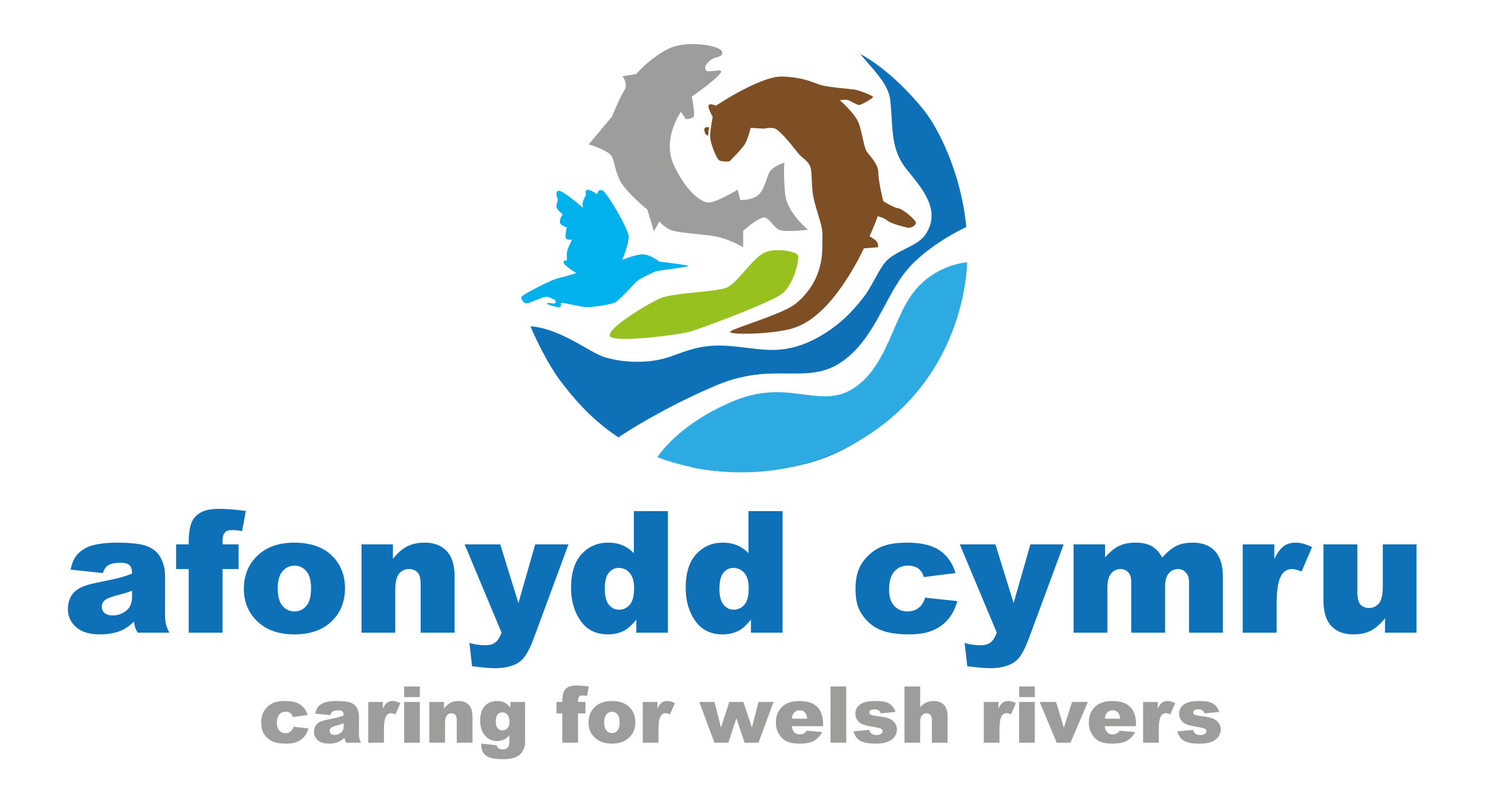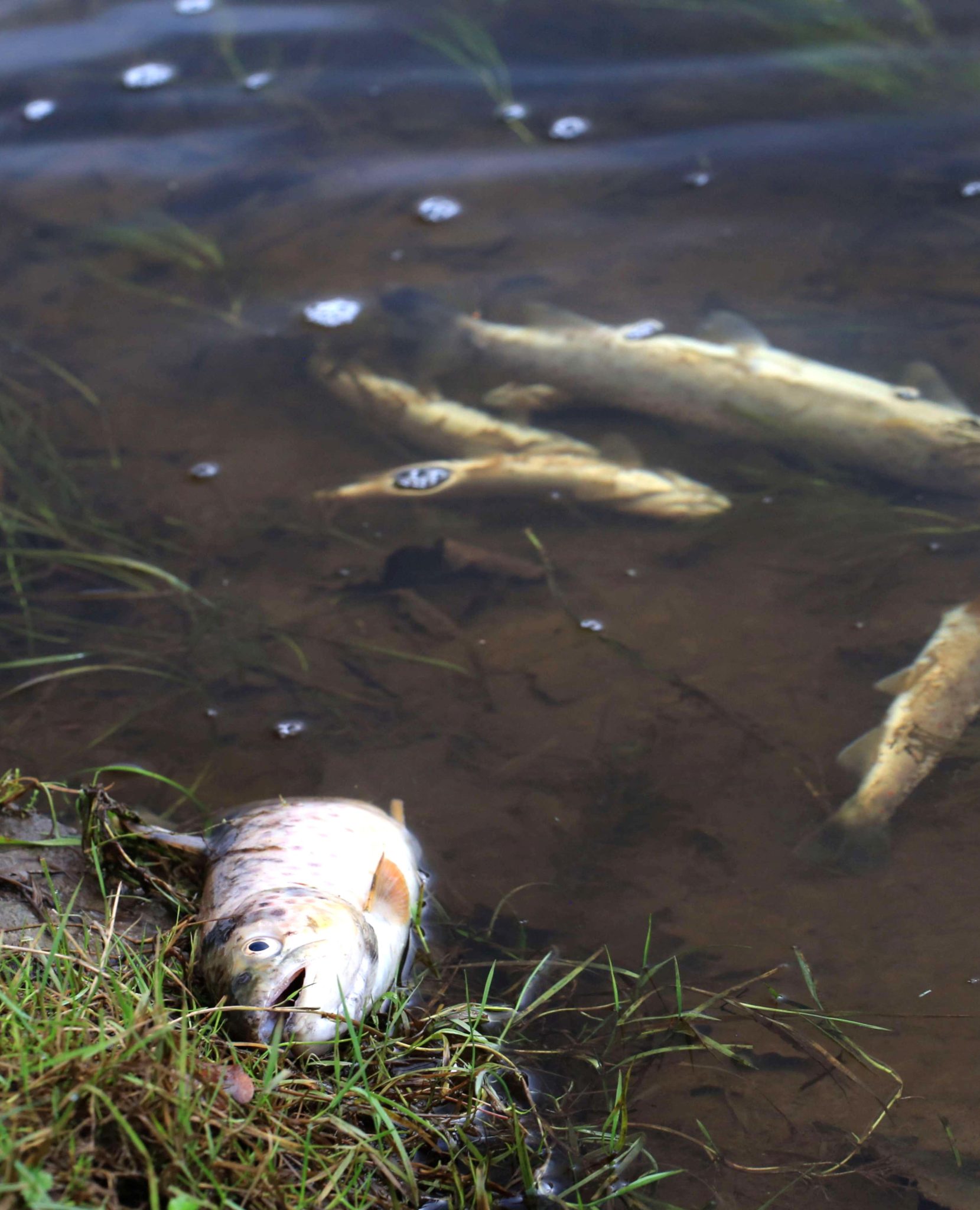AD plants that have caused catastrophic pollution have sometimes been operating without a permit from Natural Resources Wales nor even planning permission.
The accident on the Teifi in 2016, which killed 18,000 fish, is an example of an AD plant operating with neither.
And despite the complex technology involved, being qualified to operate an AD plant is only recommended. It is not obligatory.
This is a problem the industry itself recognises. Anaerobic-Digester.com state on their website:
“If any farm business, with or without an AD plant, fails to train operating staff in slurry and sludge handling, sooner or later they will cause pollution.”
And AquaEnviro, an environmental consultancy specialising in water and waste for the industrial and agricultural sectors state on their website:
“One problem the [AD] industry faces in ensuring the continued safe operation of its digesters, is in sourcing and retaining staff who are appropriately trained and with experience of digester operation and maintenance. Rapid expansion in digester uptake has not been met by a commensurate response from the education and training sector and accredited or recognised training routes to achieve competent operational skills are thin on the ground.”
Many other AD plants are exempt from NRW permitting and can operate without inspection. And because the end product of the AD process (digestate) is not considered a waste product, its disposal on land does not fall under waster regulations.
There are still restrictions on its spreading – only, for example, on land that is suitable. But is NRW carrying out any checks to ensure digestate spreading is compliant?

